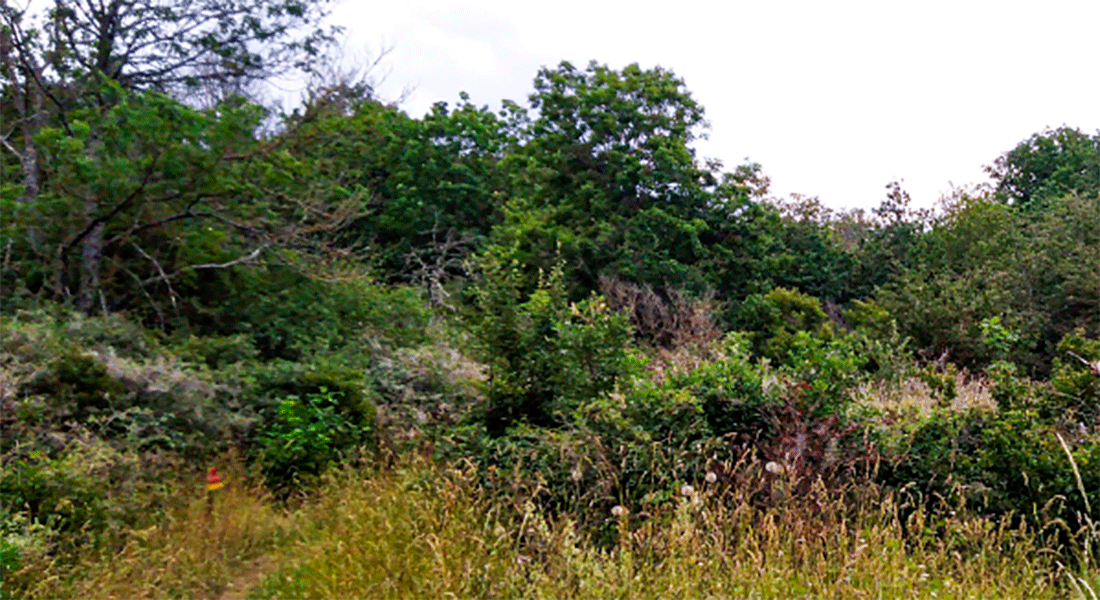Excavating the Future From Recovery to Regeneration
Talk with Professor Cornelius Holtorf from Linnaeus University.
 When I joined our students for their training excavation in September 2021 on the Swedish Island of Öland, it occurred to me that by focussing on the act of recovering objects and information, archaeology may be missing the most central aspect of the site. For the site was surrounded by lush vegetation and in the middle of an intense process of regeneration, involving everything from small creatures in the soil to huge trees reaching into the sky.
When I joined our students for their training excavation in September 2021 on the Swedish Island of Öland, it occurred to me that by focussing on the act of recovering objects and information, archaeology may be missing the most central aspect of the site. For the site was surrounded by lush vegetation and in the middle of an intense process of regeneration, involving everything from small creatures in the soil to huge trees reaching into the sky.
In this talk, I will trace the emergence of this insight and in particular its implications for rethinking archaeology´s temporality, and the 1964 Venice Charter on Conservation and Restoration, which has been the most influential 20th century document of the International Council for Monuments and Sites (ICOMOS) on policy regarding heritage conservation and restoration. I will also discuss implications for the response of archaeology to climate change, going beyond understanding long-term environmental change and safeguarding threatened sites and developing in addition strategies for increasing cultural resilience and sustainability. Archaeologists have long been claiming to be working on the past for the benefit of future generations—now it is time to address the future explicitly and draw on the full potential of archaeology to make human societies more sustainable (while perhaps improving the life of non-human lifeforms too).
Part of the Archaeology Research Seminar Series - Spring 2024
Map of South Campus
View directions.
View on map of the Faculty of Humanities - South Campus.
View map of South Campus (pdf).
